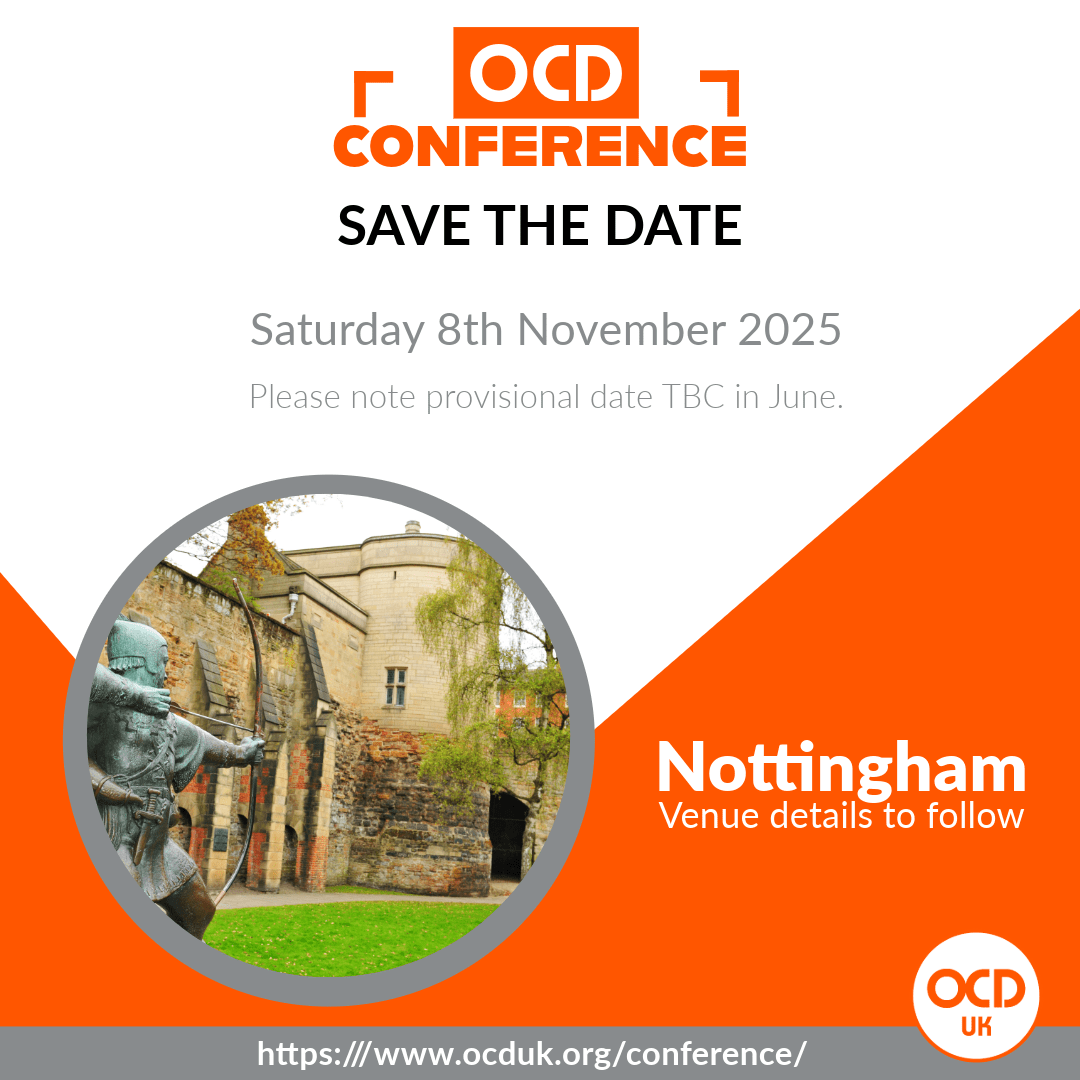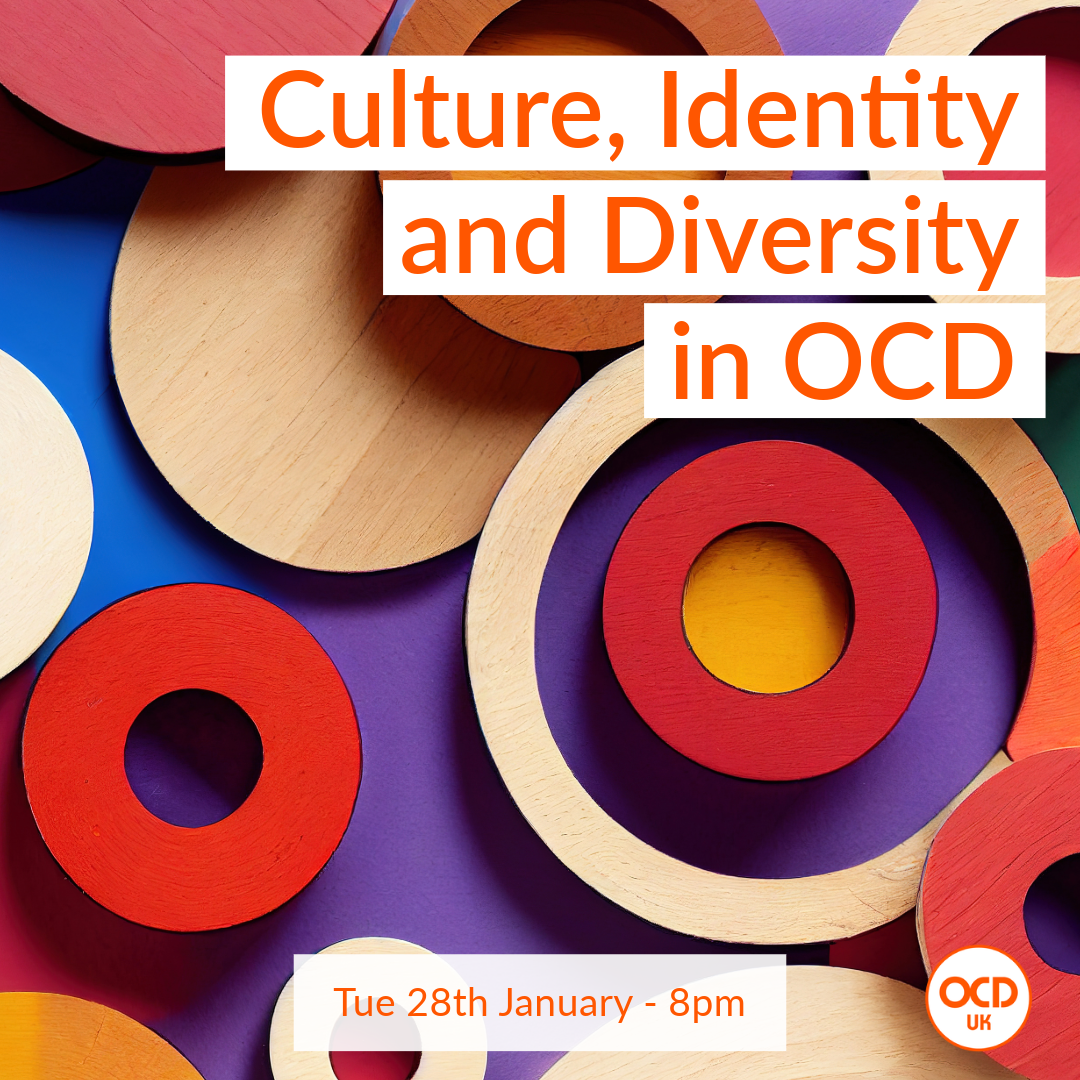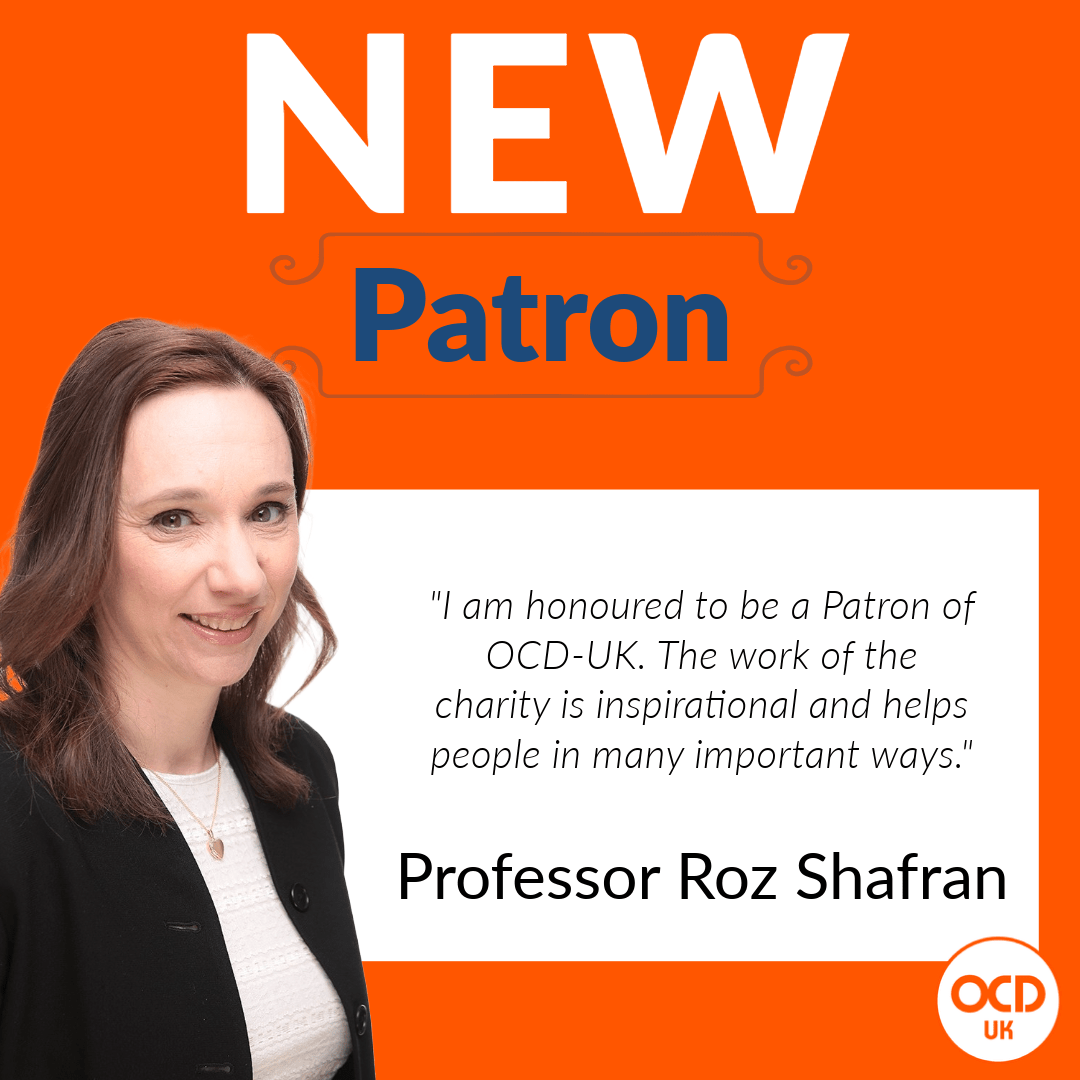OCD & Education
“Have you heard of OCD?"
My teacher once asked the class and me.
“It's liking things neat?
It’s being a perfectionist; I wish I had it” another pupil said.
I sat there with my face all red.
Just earlier that morning,
I could not get out of bed.
Because of my illness,
OCD was taking control of me.
Hearing other people trivialise the impact and make jokes,
I wanted to tell the truth, but I felt my voice would choke.
Lack of education means people are not aware of the damage OCD can do,
they do not understand it is a mental illness too.
Maybe if people were educated, they could see,
OCD is not an adjective to be used on you and me.
The myths of OCD led me to believe it was not an illness I had,
and that it was me who was bad.
I did not like cleaning or organising everything I could see,
so of course, OCD? How could it be.
This made me feel sick and afraid of what this could be,
why did I have images and thoughts that frightened me?
I, a teenager, should not have to do research to be told,
that I have a mental illness and not just a quirk as the media has told.
Imagine a world if we all got educated,
no hurtful comments about OCD would be spoke,
OCD would no longer be used as a joke.
It’s so important to note,
OCD is as serious as any other condition.
Education can help dissolve the stigmas,
conversations will be provoked.
This will help us to understand,
and be there for one another, hand in hand.
Your OCD is not a choice,
please try to educate others and use your voice.
If you cannot speak out yet that’s ok,
the world’s perception of OCD will change day by day.
Improvements will be made,
the more we educate the more we open doors for conversations to take place.
Those lies of OCD we will finally erase.
Please complete our short, anonymous feedback form about Rachel's post























